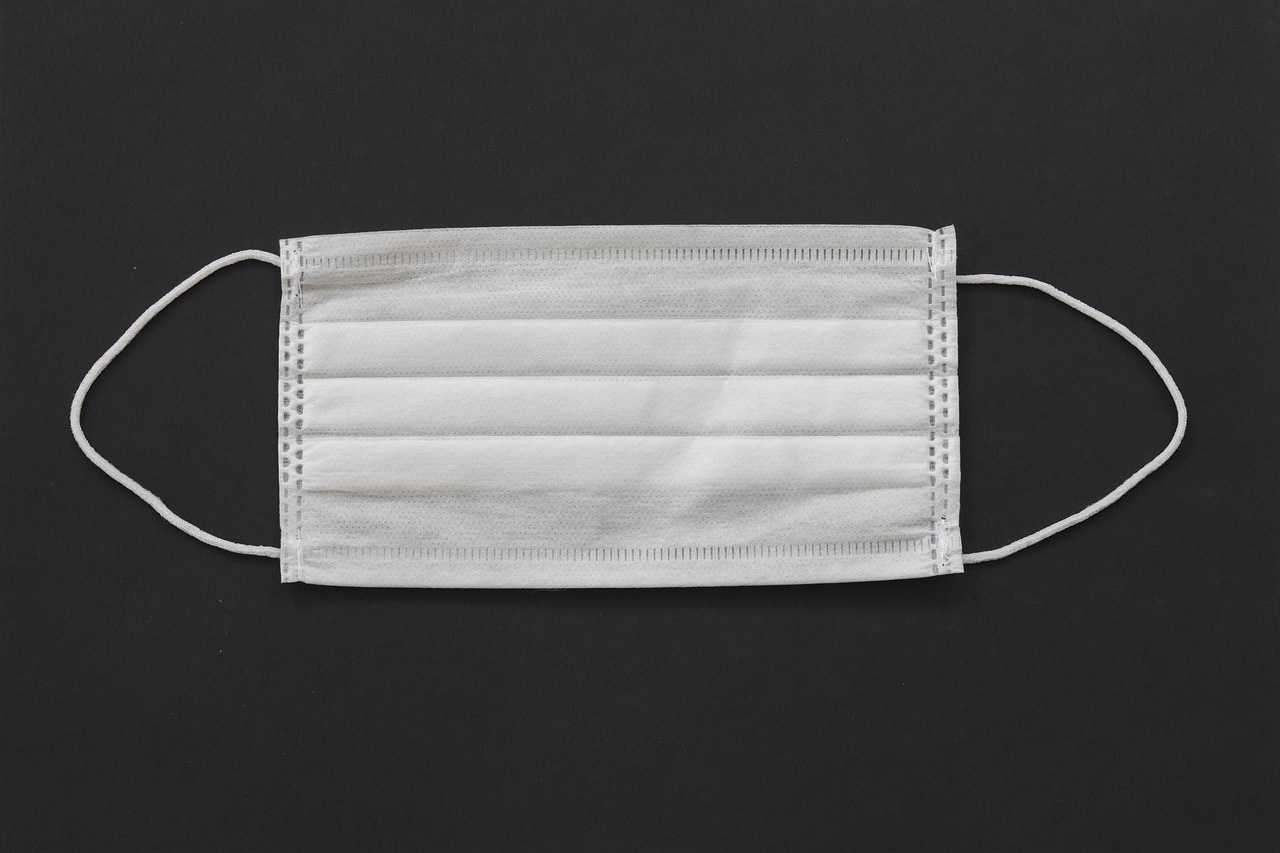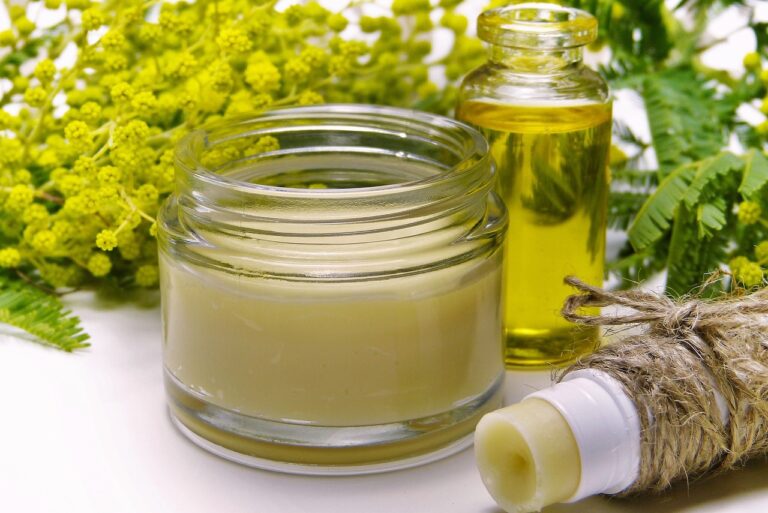Exploring the Health Benefits of Herbal Remedies: From Traditional Wisdom to Modern Science
Herbal remedies have a rich history that dates back thousands of years, with evidence of their use found in ancient civilizations across the globe. From the Egyptians and Greeks to the Chinese and Native Americans, various cultures have relied on the healing properties of plants to treat ailments and maintain overall well-being. These early civilizations passed down their knowledge of herbal remedies through oral traditions and written texts, creating a vast repository of wisdom that continues to influence modern herbal medicine.
The practice of using herbs for medicinal purposes persisted throughout the Middle Ages and Renaissance, where herbalists and apothecaries played a crucial role in providing healthcare to their communities. As scientific advancements led to the development of modern medicine, the use of herbal remedies declined in Western societies. However, in recent years, there has been a resurgence of interest in traditional herbal medicine, driven by a growing awareness of the potential benefits of natural remedies and a desire for more holistic approaches to health and wellness.
Common Types of Herbal Remedies
When it comes to herbal remedies, there is a wide range of common types that have been used for centuries to promote health and well-being. Some of the most popular herbal remedies include echinacea, known for its immune-boosting properties, and ginger, which is often used to aid digestion and reduce nausea. Other commonly used herbs include chamomile for relaxation, peppermint for soothing upset stomachs, and turmeric for its anti-inflammatory effects.
Additionally, herbs like ginseng are frequently utilized for their energy-boosting abilities, while valerian root is favored for its calming effects on the nervous system. Many people also turn to herbal teas such as green tea for its antioxidant properties or elderberry tea for immune support during cold and flu season. Whether in the form of teas, capsules, tinctures, or topical creams, herbal remedies offer a natural alternative to conventional medicine for a variety of health concerns.
Traditional Uses of Herbal Remedies
Herbal remedies have been utilized for centuries by various cultures around the world to address a wide range of health concerns. Plants like ginger, turmeric, and garlic were commonly used in traditional medicine to alleviate digestive issues, reduce inflammation, and boost the immune system. Additionally, herbs such as chamomile, lavender, and valerian were valued for their calming properties and ability to promote relaxation and improve sleep quality.
In many traditional practices, herbs like ginseng, echinacea, and elderberry were revered for their immune-boosting effects and were often used to prevent and treat colds, flu, and other infections. Furthermore, plants like aloe vera, calendula, and comfrey were popular choices for topical applications to soothe skin irritations, promote healing, and provide relief from minor cuts, burns, and wounds. The rich history of traditional herbal remedies demonstrates the diverse therapeutic benefits that natural plants can offer for holistic well-being.
Scientific Research on Herbal Remedies
Scientific research on herbal remedies aims to explore the efficacy and safety of various natural substances in treating health conditions. Studies have shown promising results for certain herbs such as echinacea in boosting the immune system, ginger in alleviating nausea, and turmeric in reducing inflammation. Researchers continue to investigate the mechanisms behind these effects and explore potential new applications for herbal remedies.
Additionally, modern scientific studies have shed light on the potential interactions between herbal remedies and conventional medications. It is crucial for individuals to inform their healthcare providers about any herbal supplements they are taking to prevent adverse effects or reduced efficacy of prescribed medications. By incorporating evidence-based research into the use of herbal remedies, individuals can make informed decisions about their health and well-being.
Health Benefits of Herbal Remedies
Herbal remedies have been utilized for centuries across various cultures for their potential health benefits. These natural remedies are often praised for their ability to promote overall well-being and address a wide range of health concerns. From easing digestive issues to boosting immune function, herbal remedies offer a holistic approach to supporting the body’s natural healing processes.
One of the primary advantages of herbal remedies is their gentler approach to healing compared to synthetic medications. Many individuals find relief from common ailments without the harsh side effects often associated with pharmaceutical drugs. Herbal remedies can be a valuable addition to a healthy lifestyle, providing a natural alternative to conventional treatments for those seeking a more holistic approach to health and wellness.
Potential Side Effects of Herbal Remedies
It is crucial to note that even though herbal remedies are natural, they can still have potential side effects. Some individuals may experience allergic reactions or interactions with medications when using certain herbs. It is essential to be aware of these possibilities and to consult with a healthcare professional before incorporating any new herbal remedies into your routine. Monitoring for any adverse effects and adjusting your usage accordingly can help minimize the risk of experiencing negative side effects from herbal remedies.
How to Use Herbal Remedies Safely
When using herbal remedies, it is important to always carefully read and follow the instructions provided on the product packaging or by a reputable source. Dosages and methods of preparation can vary, so it is crucial to ensure you are using the remedy correctly to avoid any adverse effects. Additionally, it is wise to start with a small amount to test for any potential allergies or sensitivities before increasing the dosage.
It is advisable to consult with a healthcare professional or a qualified herbalist before incorporating new herbal remedies into your routine, especially if you are pregnant, breastfeeding, or taking other medications. They can provide valuable guidance on the safety and effectiveness of different herbal remedies, as well as potential interactions with any existing treatments you may be undergoing. Remember, when used responsibly and with proper guidance, herbal remedies can be a beneficial addition to your health and wellness practices.
Tips for Incorporating Herbal Remedies into Your Daily Routine
Incorporating herbal remedies into your daily routine can be a beneficial way to support your overall health and well-being. One tip is to start slowly and introduce one herb at a time to understand how your body responds to it. This will help you gauge the effects and make adjustments as needed.
Another helpful tip is to do thorough research on the herbs you plan to use and ensure they are safe and appropriate for your individual needs. Consulting with an herbalist or healthcare professional can provide valuable guidance and ensure you are using the remedies correctly. Additionally, keeping a journal to track your experiences and any changes in your health can help you monitor the effectiveness of the herbal remedies over time.
Consulting with a Healthcare Professional about Herbal Remedies
It is crucial to consult with a healthcare professional before incorporating herbal remedies into your health routine. Healthcare professionals, such as doctors, naturopaths, or pharmacists, can provide valuable guidance on the safety, efficacy, and appropriate usage of herbal remedies based on your individual health needs. They can also help you navigate any potential interactions between herbal remedies and other medications you may be taking.
During a consultation with a healthcare professional, be sure to provide accurate and detailed information about your medical history, current health conditions, medications, and any other relevant factors. This will enable the healthcare professional to offer personalized recommendations and ensure that the herbal remedies you choose are safe and suitable for you. Remember that healthcare professionals have the expertise to help you make informed decisions about incorporating herbal remedies into your wellness routine.
Future Trends in Herbal Remedies
The future of herbal remedies looks promising as more research is conducted to explore their potential benefits. With advancements in technology and scientific methods, we can expect to see a better understanding of how herbs interact with the body to promote health and wellness. This may lead to the development of more targeted herbal remedies tailored to specific conditions and individual needs.
Additionally, with the growing interest in natural and alternative medicine, we can anticipate an increase in the availability and variety of herbal products on the market. Consumers are becoming more conscious about what they put into their bodies, and herbal remedies offer a holistic approach to health that resonates with many. As more people turn to herbs for their therapeutic properties, we may see a shift towards integrating herbal remedies into mainstream healthcare practices.
What is the history of herbal remedies?
Herbal remedies have been used for centuries by various cultures around the world for their medicinal properties.
What are some common types of herbal remedies?
Some common types of herbal remedies include echinacea, ginseng, ginger, and turmeric.
What are the traditional uses of herbal remedies?
Herbal remedies have been used traditionally to treat a wide range of ailments such as colds, digestive issues, and inflammation.
Is there scientific research on herbal remedies?
Yes, there is ongoing scientific research on the efficacy and safety of herbal remedies.
What are some health benefits of herbal remedies?
Herbal remedies may have various health benefits, such as boosting the immune system, reducing inflammation, and improving digestion.
What are the potential side effects of herbal remedies?
While generally considered safe, some herbal remedies may cause side effects such as allergic reactions or interactions with medications.
How can one use herbal remedies safely?
It is important to consult with a healthcare professional before using herbal remedies, especially if you are pregnant, nursing, or have any medical conditions.
Any tips for incorporating herbal remedies into your daily routine?
You can incorporate herbal remedies into your daily routine by adding them to your meals, teas, or skincare products.
Should I consult with a healthcare professional before trying herbal remedies?
Yes, it is recommended to consult with a healthcare professional before trying herbal remedies to ensure they are safe and appropriate for your individual needs.
What are some future trends in herbal remedies?
Future trends in herbal remedies may include more research on their effectiveness, innovative delivery methods, and increased integration into mainstream healthcare practices.







